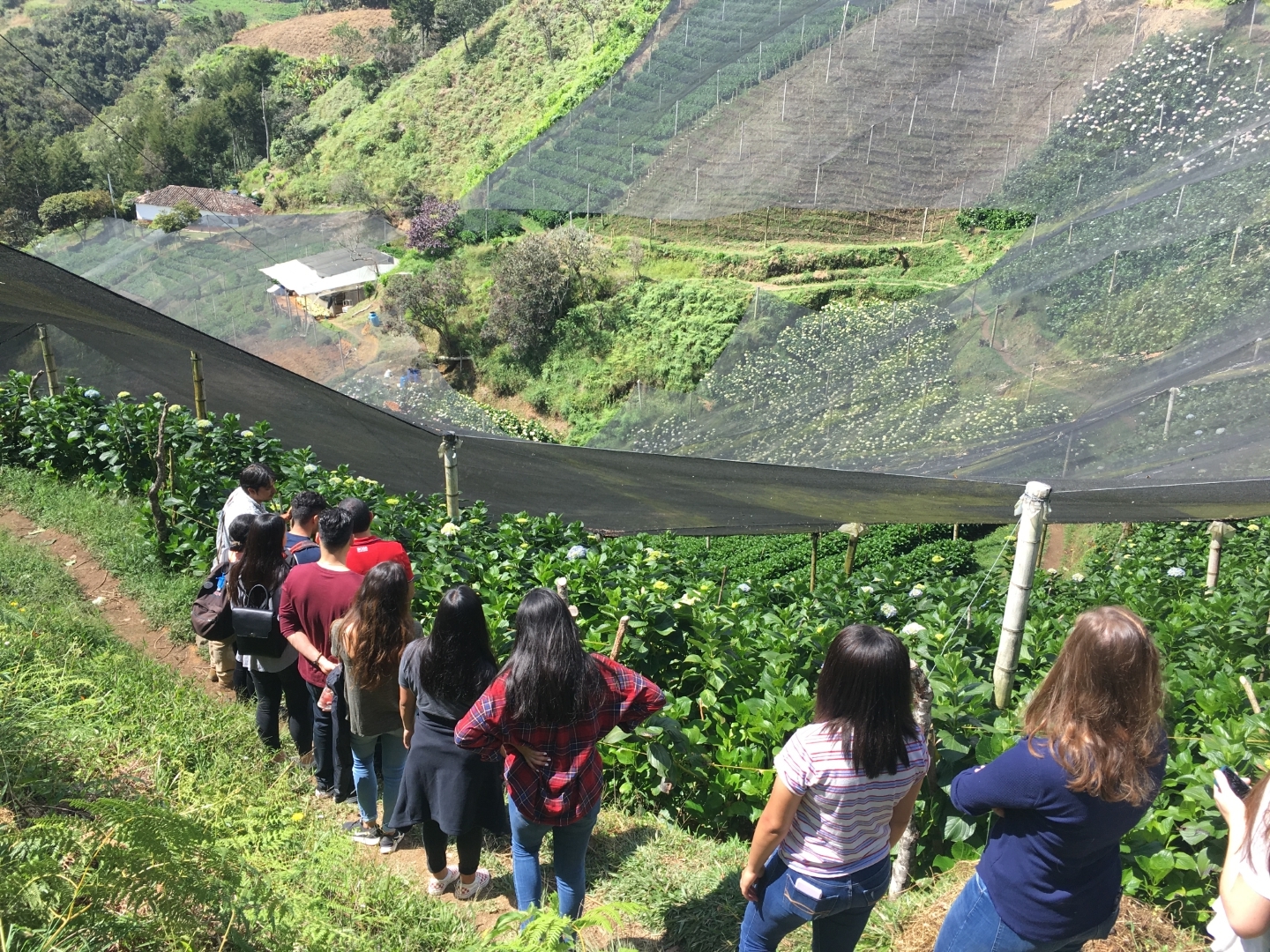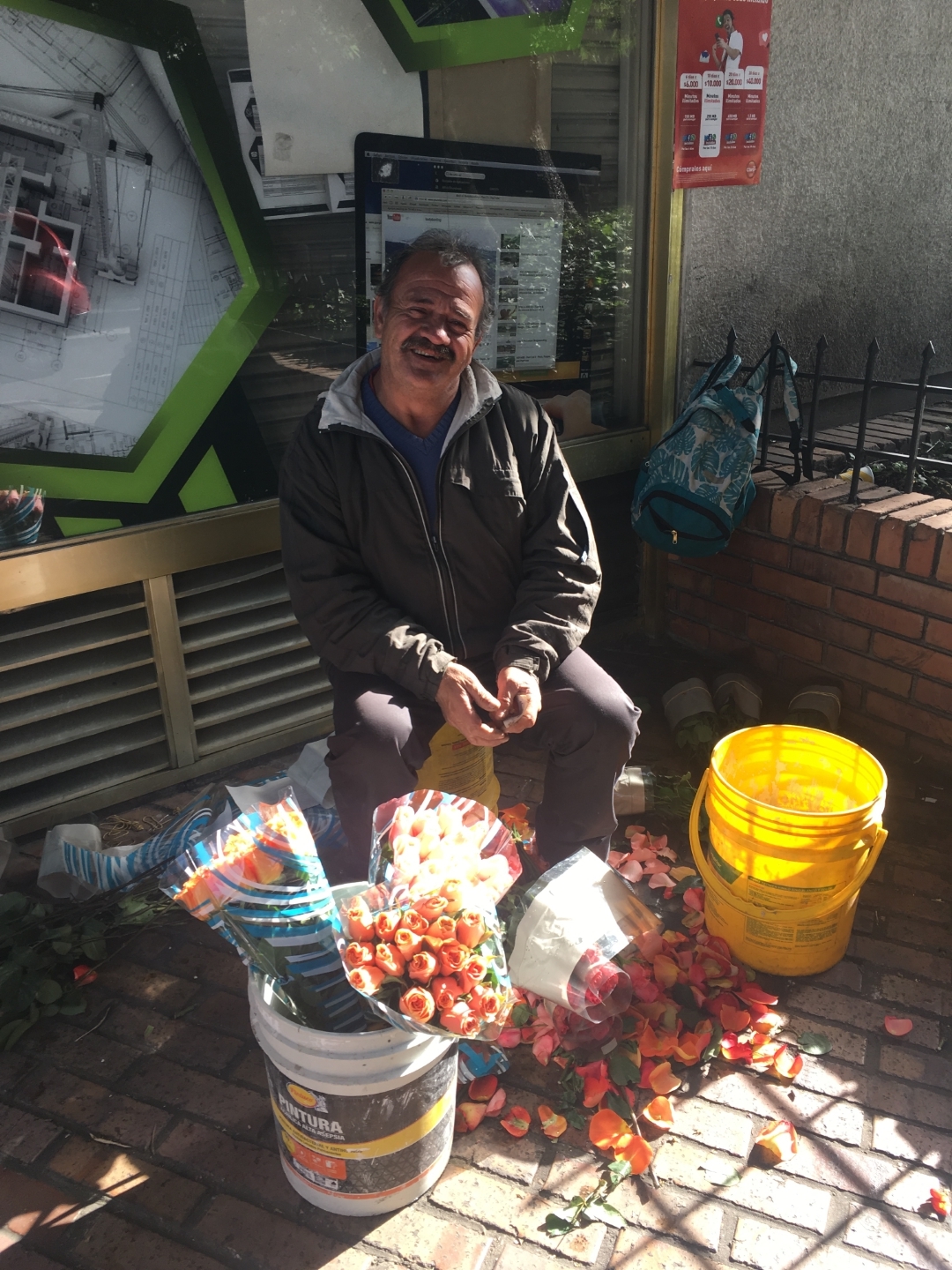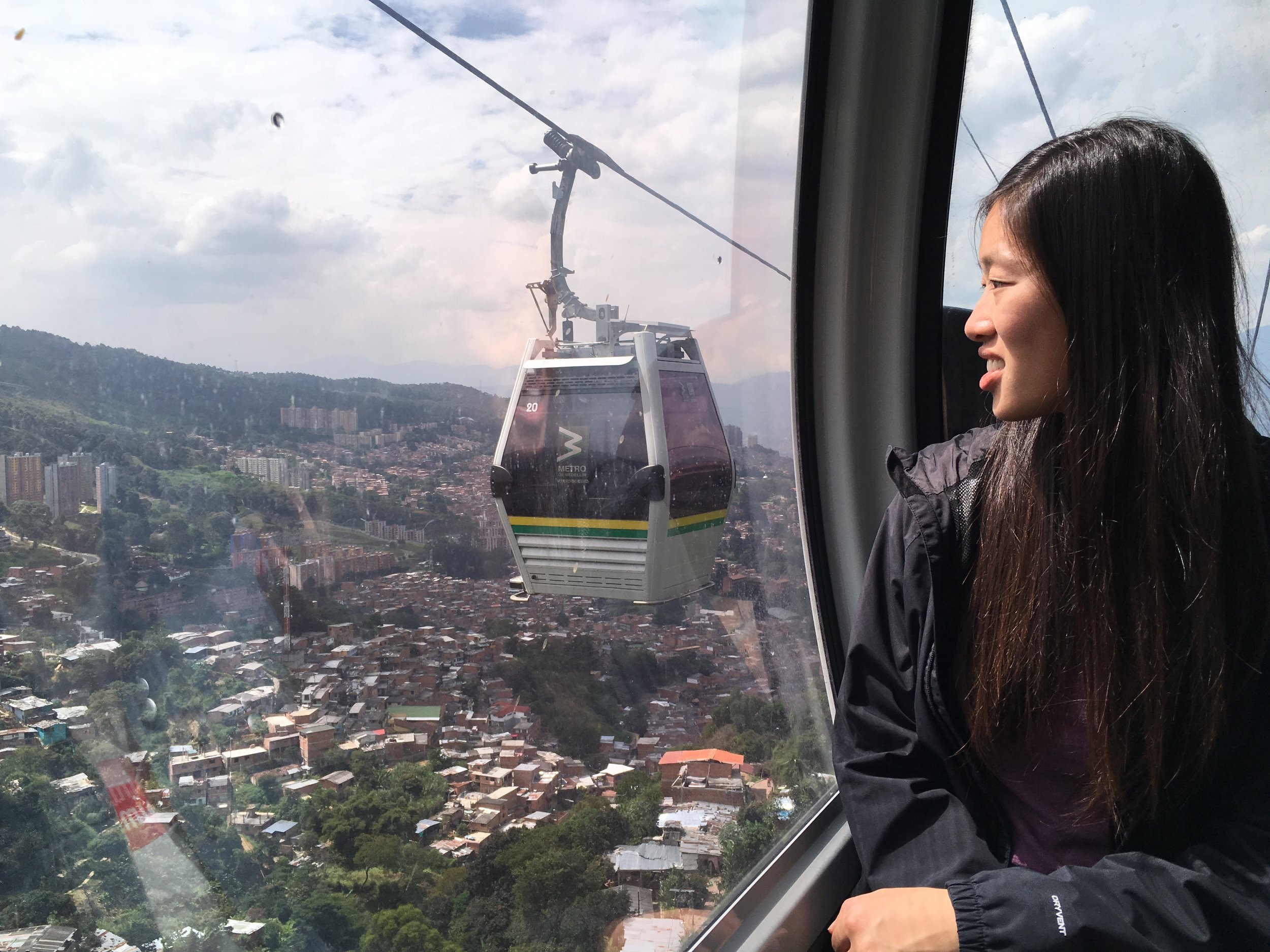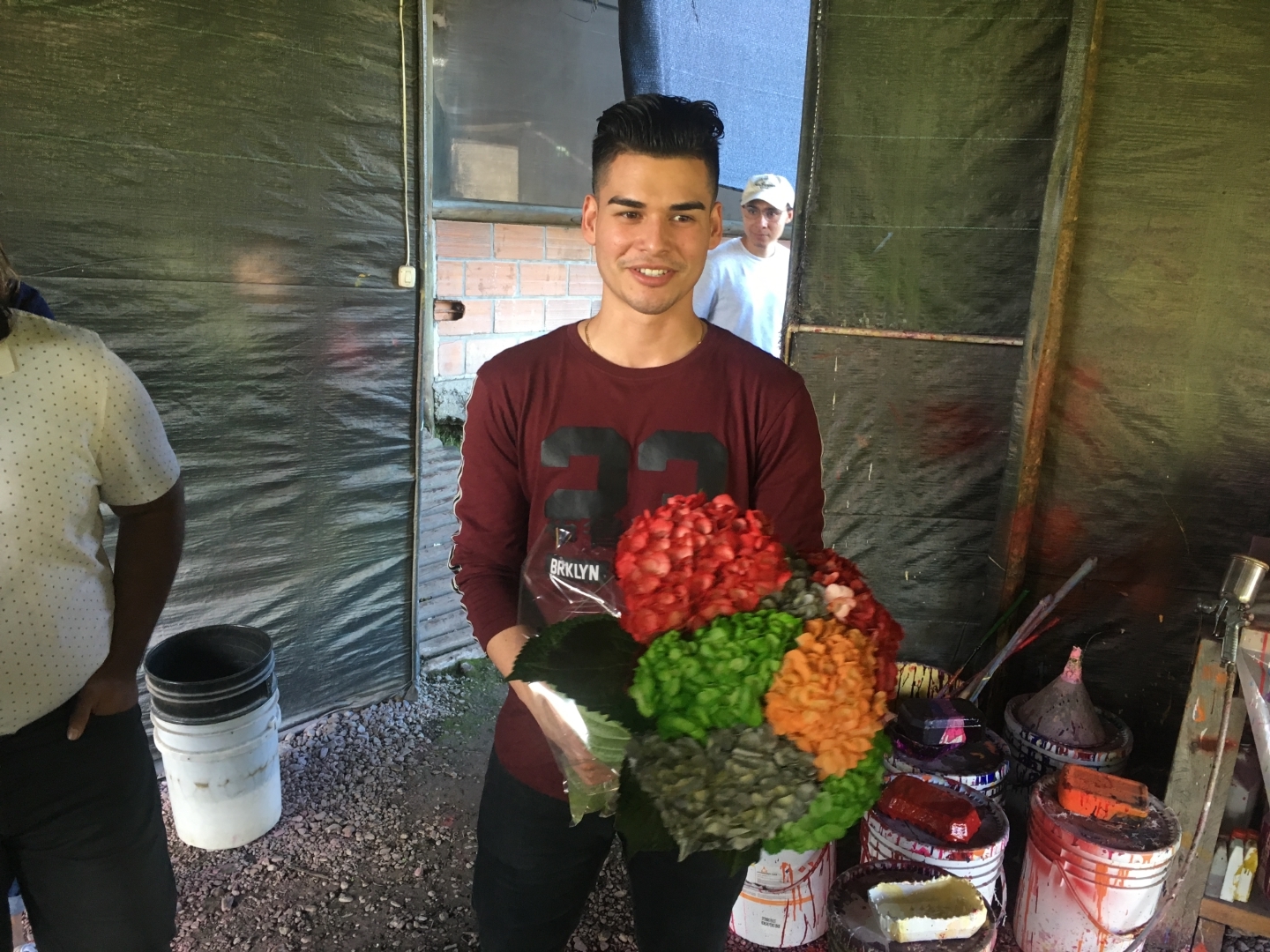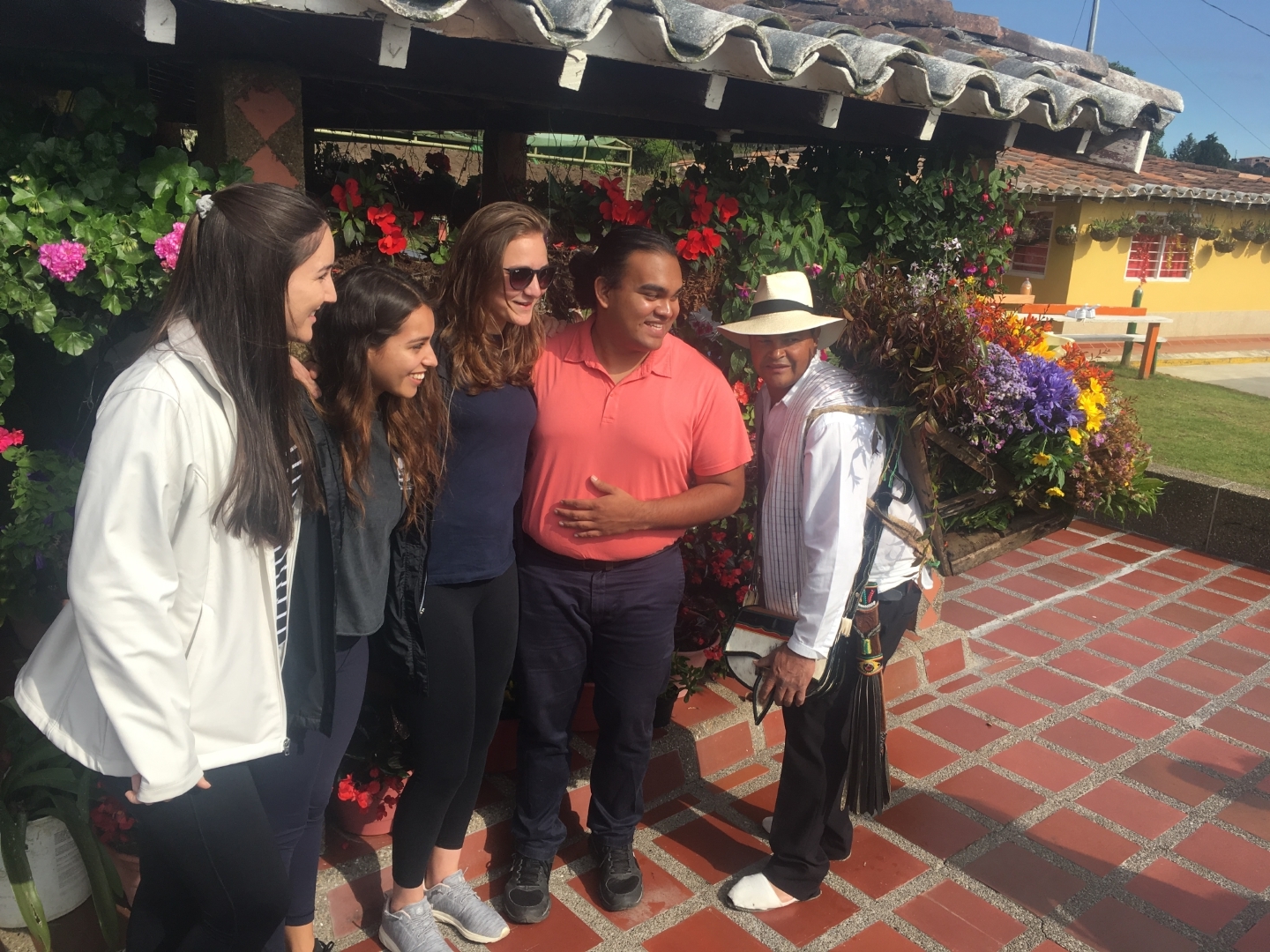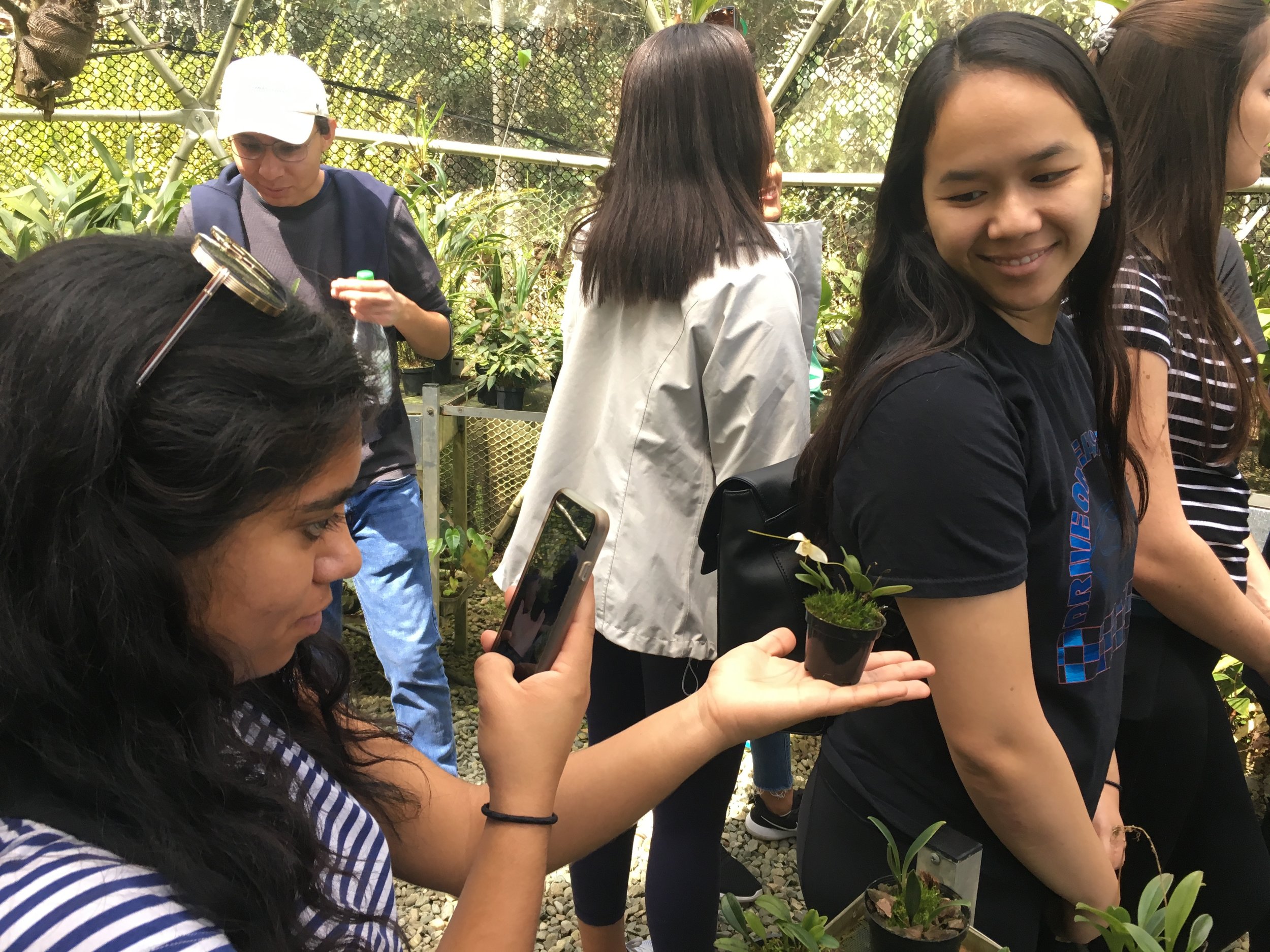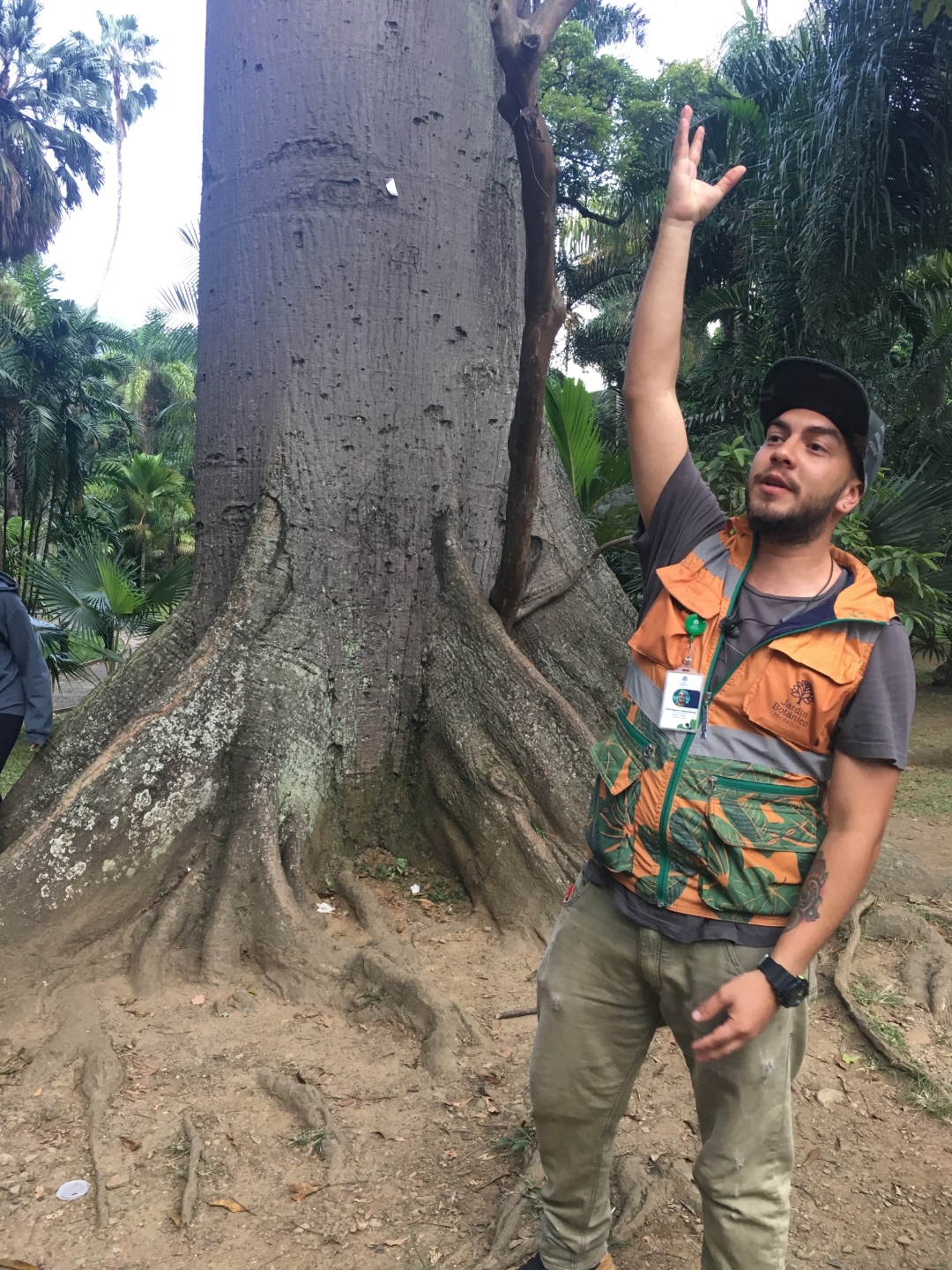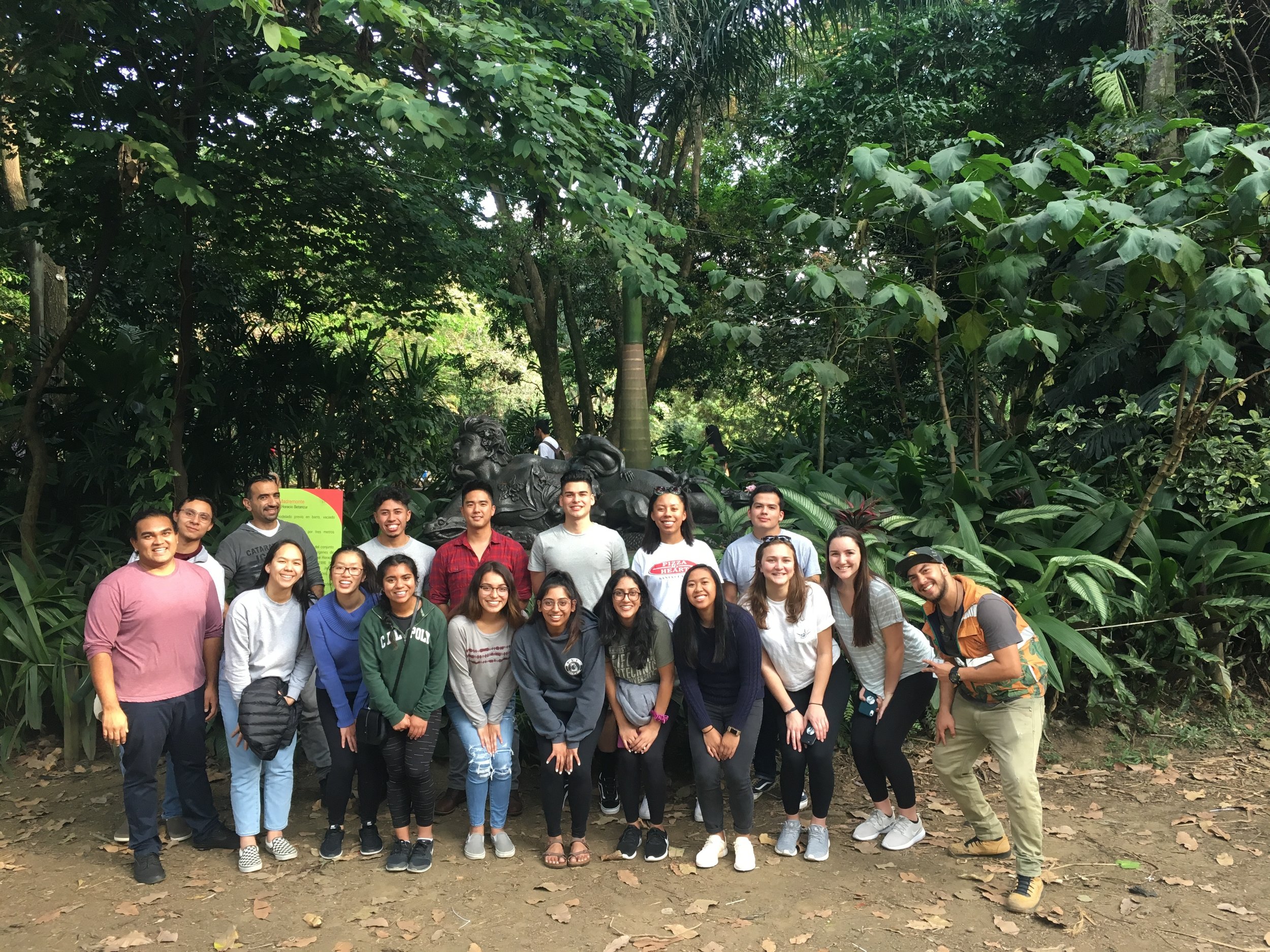Faculty-led International Business Program in Colombia
This custom-designed program provided students with insight into international business models, successful international supply chain management, and small to medium sized venture entrepreneurship. Students visited a working farm and met with exporters, government officials, and civil society leaders, among others who compose the cut flower industry ecosystem.
Colombia’s cut flowers have become one of its most important agricultural commodities (second only to coffee). More than 60% of all flowers imported to the United States come from Colombia. Importantly, flowers were an important cultural tradition in Colombia even before the export boom, with parades dating back to the late 1800s. Nevertheless, challenges such as water and environmental conservation, workers’ rights, and growing international competition, reinforce the need to continue to innovate and grow simultaneously.
Are you interested in a similar custom-designed faculty-led study abroad program?
Program Itinerary
Day 1: Arrival to Medellin, Colombia. Visit Botanical Garden for guided introduction to the tropical flowering plants and farm-to-table lunch lunch. Group dinner.
Day 2: Visit Medellin’s daily flower market, where merchants have sold their flowers for over 100 years! Travel to rural Santa Elena community, the flower culture capital of Colombia. Every year hundreds of villagers from this area participate in Medellin's Flower Festival. Meet with staff from Association of Flower Float Paraders. Visit family-run flower history museum. Visit the home and garden of one of the families that has proudly cultivated flowers for generations and have a chance to see the flower bouquets being made. Lunch on the farm. Guided hike in Parque Arvi, a natural park with interpretive trails. Ride gondola back to Medellin. Group dinner.
Day 3: Visit small hydrangea farm for a tour and discussion with the owner. Learn about management, marketing, human resources, logistics, and the supply chain from the perspective of the farm owner. Visit a medium-size flower exporter for a tour and presentation. Learn about the logistics involved in the export process. Return to Medellin for dinner.
Day 4: Free time in the morning. City tour of Medellin to learn about the bloody history of narcotics cultivation and trafficking in Colombia, with stops at sites related to Pablo Escobar and the memory of violence that plagued Medellin. For many farmers, flowers have become a welcome alternative to coca cultivation. This, among other factors, has led to a decrease in violence in Colombia. Flight to Bogota. Free time in the evening.
Day 5: Meet with the US State Department Agricultural Attaché at the US Embassy in Bogota. Hear presentation from the president of the ASOCOLFLORES, the Colombian Association of Flower Exporters. Meet with the director of of Corporación Cactus, a nonprofit entity devoted to supporting workers’ rights in the flower industry.
Day 6: Tour the colonial center of Bogota. Visit the Gold Museum, the premier museum for pre-Colombian gold handicraft and jewelry in the Americas. Visit the Botero Museum, featuring works and collection of one of the greatest Colombian artists. Take a funicular to the top of Monseratte, a large mountain that sits above Bogota, for stunning city views. Group farewell dinner to reflect on the experience and new knowledge of the cut flower industry.
Day 7: Departure.
Amenities: 4-star hotels in Medellin and Bogota.


